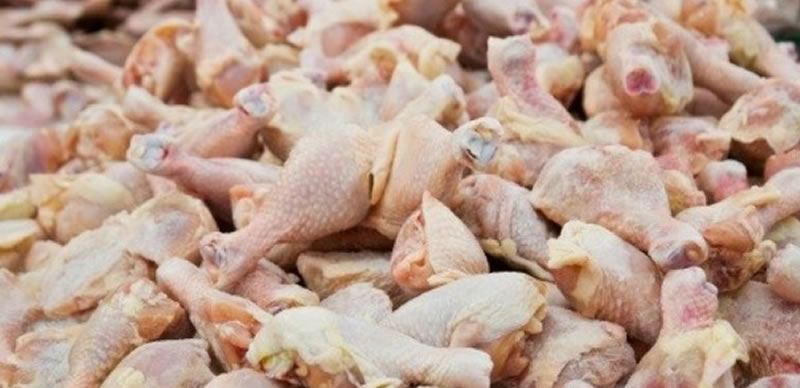South Africa’s poultry sector is closely monitoring potential changes in trade policy as discussions intensify around US chicken imports and the future of existing import duties. While anti-dumping duties on frozen bone-in chicken portions have long served as a protective measure for local producers, a duty-free quota under the African Growth and Opportunity Act (AGOA) has largely undermined their impact—raising fresh concerns among industry stakeholders.
Growing Concern Over Duty-Free US Chicken Imports
Local producers are again under pressure as US poultry continues to enter the South African market duty-free, testing the limits of the industry’s current safeguards. According to FairPlay, an advocacy group for fair trade, the anti-dumping duties—targeting cuts like leg quarters, drumsticks, thighs, and wings—were originally imposed to shield the domestic market from imports that had previously triggered plant closures, production cutbacks, and widespread job losses.
South Africa has implemented anti-dumping duties on poultry imports from nine countries, including Brazil, the UK, the US, Belgium, Denmark, Ireland, Germany, Poland, and Spain. However, these duties are not currently applied to most US imports due to AGOA, which allows a duty-free quota of approximately 72,000 tonnes of bone-in chicken annually.
“Even if the duties were lifted, the impact would be negligible for now, since the US has been exporting chicken duty-free under AGOA for several years,” said FairPlay.
Beyond anti-dumping measures, the US also faces general tariffs on poultry products exported to South Africa. These include:
-
31% on chicken carcasses
-
82% on whole frozen birds
-
42% on frozen boneless cuts
-
30% on offals
-
62% on frozen bone-in portions
These rates were last increased in March 2020.
Despite these steep tariffs, US poultry imports have declined sharply, driven not by trade barriers but by outbreaks of highly pathogenic avian influenza (HPAI) in the US.
Domestic Industry Holding the Line
Izaak Breitenbach, CEO of the South African Poultry Association, confirmed that no US bone-in chicken was imported in February 2025 due to HPAI. He emphasized that while the duty-free quota remains in place, its relevance is waning in light of reduced export volumes.
Breitenbach also noted a potential shift in the AGOA agreement, stating that if South Africa were to lose AGOA benefits, the duty-free quota would automatically expire—nullifying the 72,000-tonne exemption.
“We have engaged both the International Trade Administration Commission (ITAC) and the Department of Trade, Industry and Competition (DTIC), requesting that the quota be removed altogether,” he said.
In the meantime, local producers have managed to fill the gap left by reduced imports, preventing any major price hikes. “Production levels have remained strong, and chicken remains affordable for the average consumer,” said Breitenbach.
Rising Stakes for Emerging Farmers
For emerging and small-scale poultry farmers, however, the situation remains precarious. Frans Matukela, a poultry farmer in Limpopo, warned that any relaxation of trade protections would put their livelihoods at risk.
“If the government removes these protective measures, we won’t survive. We’re still trying to break into the commercial market. This would be a major setback not just for us, but for the broader economy,” he said.
Looking Ahead
While the short-term impact on prices and supply may be minimal, the South African poultry industry remains cautious. Should US poultry exports rebound once HPAI subsides, the return of large-scale duty-free imports could again threaten local producers—especially those still striving for commercial viability.



